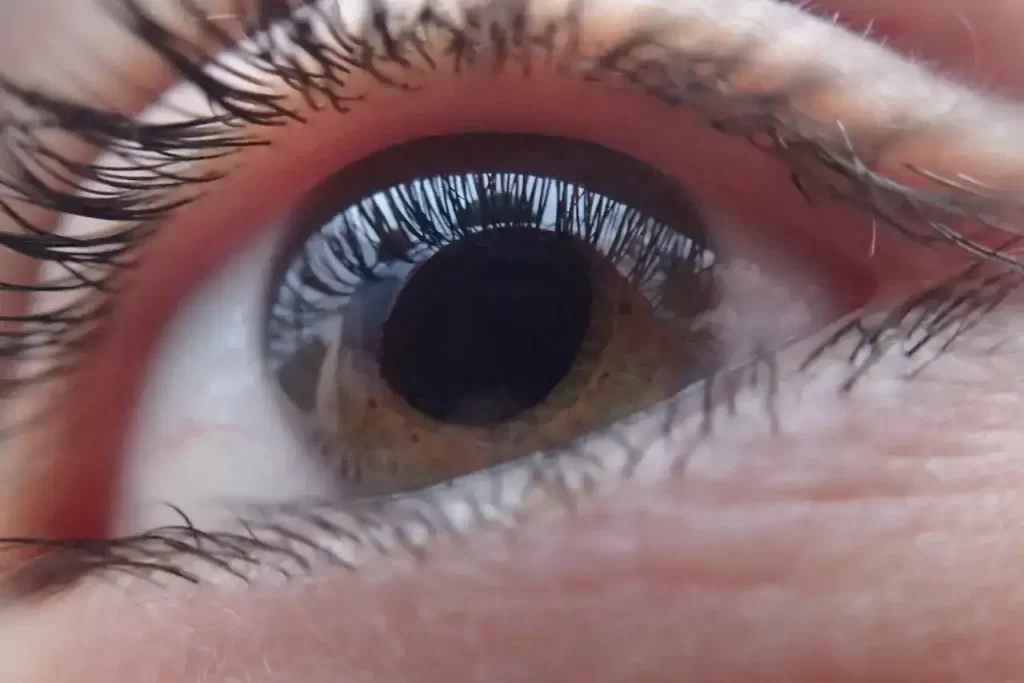Do you ever find yourself lying in bed at night, tossing and turning, unable to drift off to sleep? It’s a frustrating experience that many of us have had to endure. To make matters worse, prescription sleeping pills can have unwanted side effects and leave us feeling groggy and sluggish the next day.
But what if there was a natural remedy that could help you fall asleep easily and wake up feeling refreshed? That’s exactly what we’re going to discuss in this article.
Natural remedies for insomnia can be incredibly effective, and they come with fewer risks and side effects than prescription pills. We’ll be sharing one of the best natural sleep remedies that you won’t want to miss.
So if you’re tired of counting sheep or staring at the clock all night, stay tuned. This remedy may be the solution you’ve been looking for. And be sure to stick around until the end – you won’t want to miss a single step of this easy and effective process.
Say goodbye to frustrating nights and groggy mornings. With our natural insomnia remedy, you’ll be able to drift off to sleep easily and wake up feeling refreshed and rejuvenated.
Tryptophan
So, you want to know the secret to a good night’s sleep? Well, it all starts with a little amino acid called tryptophan. Yes, that same tryptophan that you hear about every Thanksgiving when people blame their food coma on it. But did you know that tryptophan is actually essential for our bodies and can aid in inducing sleep?
Tryptophan is an amino acid that our bodies can’t synthesize, which means it must be obtained through our diet. It plays a crucial role in the production of the neurotransmitter serotonin and the hormone melatonin, both of which are essential for regulating our sleep-wake cycle.
So, if you’re having trouble sleeping, one simple solution is to consume foods high in tryptophan. Some examples include cheese, beef, soya chicken, turkey, fish, or eggs. By incorporating these foods into your diet, you’ll be providing your body with the building blocks it needs to produce serotonin and melatonin.
But wait, there’s more to the story. While consuming tryptophan-rich foods is important, it’s not enough on its own to induce sleep. The tryptophan in our bloodstream has a hard time crossing the blood-brain barrier to reach our brains where it’s needed. So, how do we get the tryptophan to our brain?
Stay tuned to find out in the next section.
The Blood-Brain Barrier
Now that we’ve talked about the importance of consuming tryptophan-rich foods, let’s discuss how it gets to the brain. The thing is, tryptophan in the bloodstream has a hard time making it to the brain through the blood-brain barrier. This is where the small amount of carbohydrates comes in.
Consuming a small amount of carbohydrates 30 minutes before bedtime can help push the tryptophan in your bloodstream through the blood-brain barrier. This results in a slight insulin response, just enough to help the tryptophan reach the brain where it can be converted into serotonin and melatonin, the two key components in inducing sleep.
When it comes to the amount of carbohydrates needed, it’s recommended to consume around 100 to 120 calories of carbs. This can be as simple as a banana, potato, sweet potato, or a cup of berries with some honey. The goal is to provide just enough carbohydrates to trigger that insulin response, without consuming too much that it affects your sleep negatively.
So if you’re struggling with insomnia and have already started incorporating tryptophan-rich foods into your diet, don’t forget to add a small amount of carbohydrates before bedtime. This simple step can make a huge difference in your ability to fall asleep and stay asleep throughout the night.
Bonus Tips for a Better Night’s Sleep
Relaxation techniques can work wonders in helping you fall asleep. When you’re relaxed, your body releases tension and reduces stress, which can make it easier to drift off to sleep. Meditation and deep breathing exercises can be incredibly helpful in calming the mind and body. They help to reduce stress and anxiety, allowing you to let go of the day’s worries and rest more easily. So, it might be worth taking some time to meditate or practice deep breathing exercises before bedtime.
Establishing a consistent sleep routine is also important. Going to bed and waking up at the same time every day helps to regulate your body’s internal clock and can improve the quality of your sleep. Once you get into a routine, it becomes easier to fall asleep and wake up feeling refreshed.
Another important factor in getting a good night’s sleep is avoiding electronic devices before bedtime. The blue light emitted by screens can interfere with your body’s production of melatonin, the hormone that helps regulate sleep. So, it’s best to avoid screens for at least an hour before bedtime.
Herbal teas can be a great addition to your bedtime routine. Chamomile, lavender, and valerian root teas are known for their calming and relaxing properties, and can help you fall asleep faster and sleep more soundly.
Finally, essential oils can also be beneficial in promoting relaxation and reducing anxiety. Lavender oil is well known for its calming effects, and peppermint oil has been shown to reduce stress and improve sleep quality. So, try adding a few drops of essential oil to your pillow or diffuser before bedtime for a peaceful night’s sleep.
Conclusion
There you have it, folks! Insomnia can be a frustrating and debilitating condition that affects many people, but prescription sleeping pills are not the only solution. Natural remedies can be just as effective, if not more so, and without the negative side effects. From consuming foods high in tryptophan to practicing relaxation techniques, there are many simple and accessible ways to promote relaxation and improve sleep quality.
Remember, establishing a consistent sleep routine, avoiding electronic devices before bedtime, and incorporating relaxation techniques, such as deep breathing exercises and meditation, can also contribute to better sleep. Additionally, herbal teas and essential oils can be powerful tools in promoting relaxation and reducing anxiety.
By following these tips and incorporating natural remedies into your routine, you can improve your sleep quality and overall health. Don’t forget to share this information with anyone who may benefit from it.
So what are you waiting for? Start incorporating these natural remedies into your routine tonight, and experience the benefits of a good night’s sleep. A healthy sleep routine is essential for a fulfilling and productive life, so don’t let insomnia hold you back any longer. Sweet dreams!





